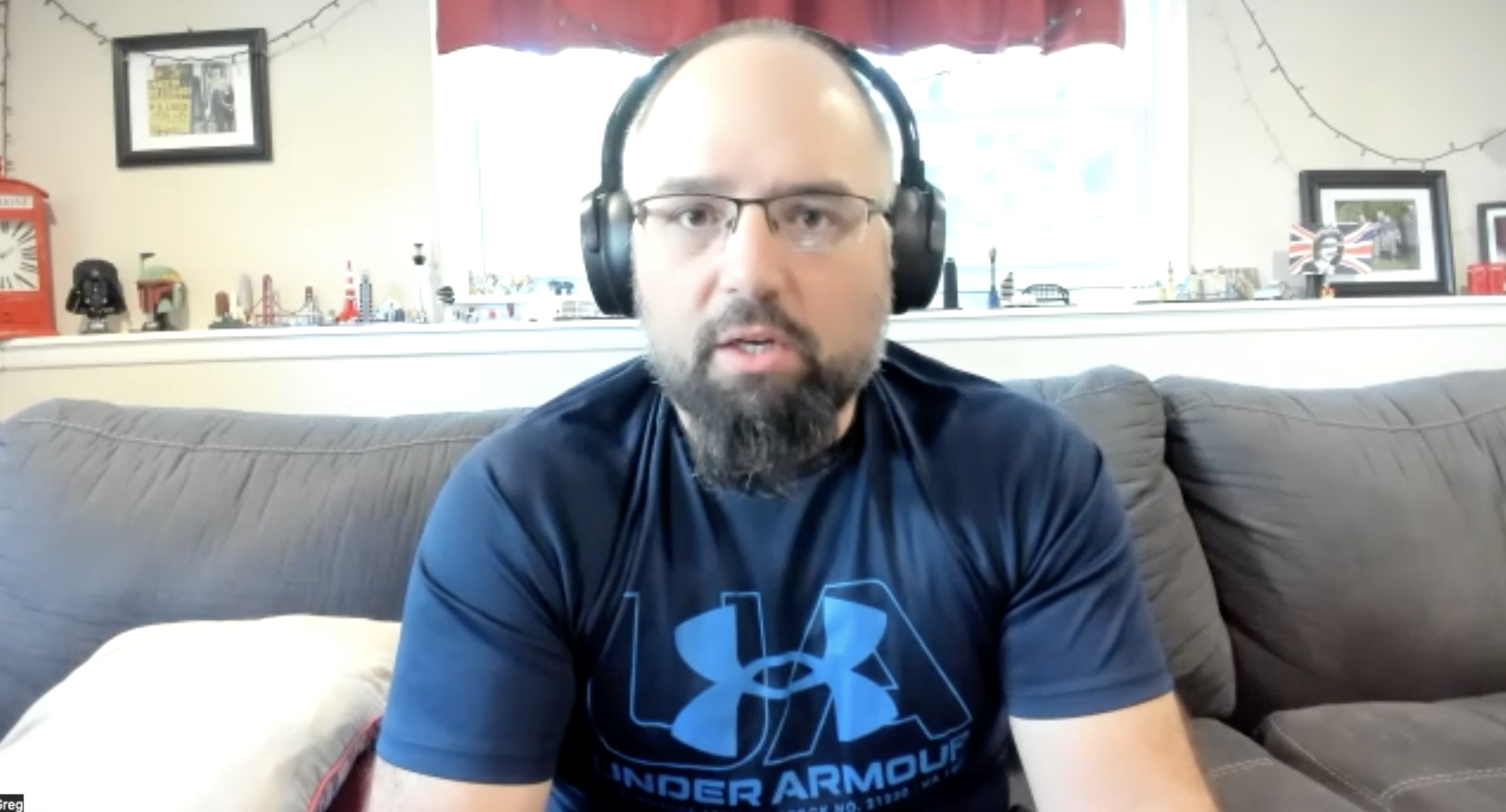"Telling someone: 'It's just a game' is not the solution" - Counselor talks 'sports fan grief'

Being a sports fan is more than just a casual hobby for many people. It can become an integral part of their lives, a full-time job that demands emotional investment and dedication. But what happens when the game doesn't go well? How does it affect the mental health of these die-hard fans? Today, we explore the concept of 'sports fan grief' and its impact on individuals with the help of a professional psychotherapist, Greg Miller, who works in a private practice in New Jersey, USA.
"It's a full-time job to be a big football fan", says Miller to kick off the conversation. The emotional connection between a fan and their team runs deep, and the intensity of this 'bond' can dictate the level of impact a disappointing game has on the fan's well-being. As the psychotherapist explains. "The more emotional investment you have, the deeper the impact is going to be should the event not go well." It's this emotional involvement that can lead to what is commonly known as 'sports fan grief.'
"If your team keeps on doing poorly, and you keep being deeply emotionally invested, it starts to impact the way you take care of yourself during the week." And this can result in the following. "Your work maybe starts to suffer a little bit, your relationship starts to suffer, maybe you don't want to spend as much time with friends. You start to feel helplessness, hopelessness, that things aren't going to get better, which is very similar to depressive symptoms. These are examples of how being a sports fan can impact your mental health."
And it doesn't stop there. In severe circumstances, fans may experience even physical symptoms.
Miller goes on to say the aftermath of a bad game could last weeks or, in the absolute worst scenario, even months.
We asked Miller when football fandom crosses the line. "Football fandom is not healthy anymore is when it starts to impact your day-to-day life. So if you find that because of your relationship with your team that you're not eating, if you have difficulties sleeping, or sleeping too much. If you notice that you're isolating yourself from friends and family, and not in a way of just needing some space, but in a way that you just don't want to spend time with them because you don't enjoy it, if it stops letting you do things you normally love to do. If it stops you from going outside, in being creative, playing sports yourself, if you start to see that daily impact on functioning. That is the line between having a healthy relationship vs. "Oh this thing is really taking over my life. It may not be life threatening, but it's impacting the way you live your life."
Miller argues that one thing a fan could then do is to speak to a mental health professional, but as a last resort. There are techniques fans can do before that. "Immediately after a bad loss, unplug. Some sports fans like to watch sports networks or listen to a podcast that covers the club. They all want to dive in and analyse: what happened and why did it happen this way? I’d say the best thing you can do is anything else but sports. Just go do literally anything else, go read, go watch a movie. Do what you can to distance yourself."
As for help from family members, Miller discourages them to tell the fan: 'It's just a game'. "That person knows it's just a game. They're trying to understand why they feel this way. It's no different to saying to a person after a break-up: well, there's plenty of fish in the sea. They know! There's eight billion people in the world, but right now he or she is missing this one person. Or you lose a job and they say: oh you can find another job in your field. That person knows. But emotionally, that person is not there yet."
Miller explains that this topic has come up in some of his physiotherapy sessions. "But more as a secondary thing. Rarely would I ever see someone come in with this as a primary issue and maybe because that's because it's a thing that doesn't really get talked about. If we promoted it more, we might see it more. It’s still a thing that's fairly new. There's still a large taboo when it comes to mental health especially when it comes to men. And most athletes are male, most fans are men. So, you have to look at it with a broader perspective. Mental health is still a taboo. It's a work in progress."
However, according to Miller, the trend is slowly but surely changing. "As the athletes have started to talk about it a little bit more, it has made it a little bit more acceptable for the fans to start talking about it more too."
